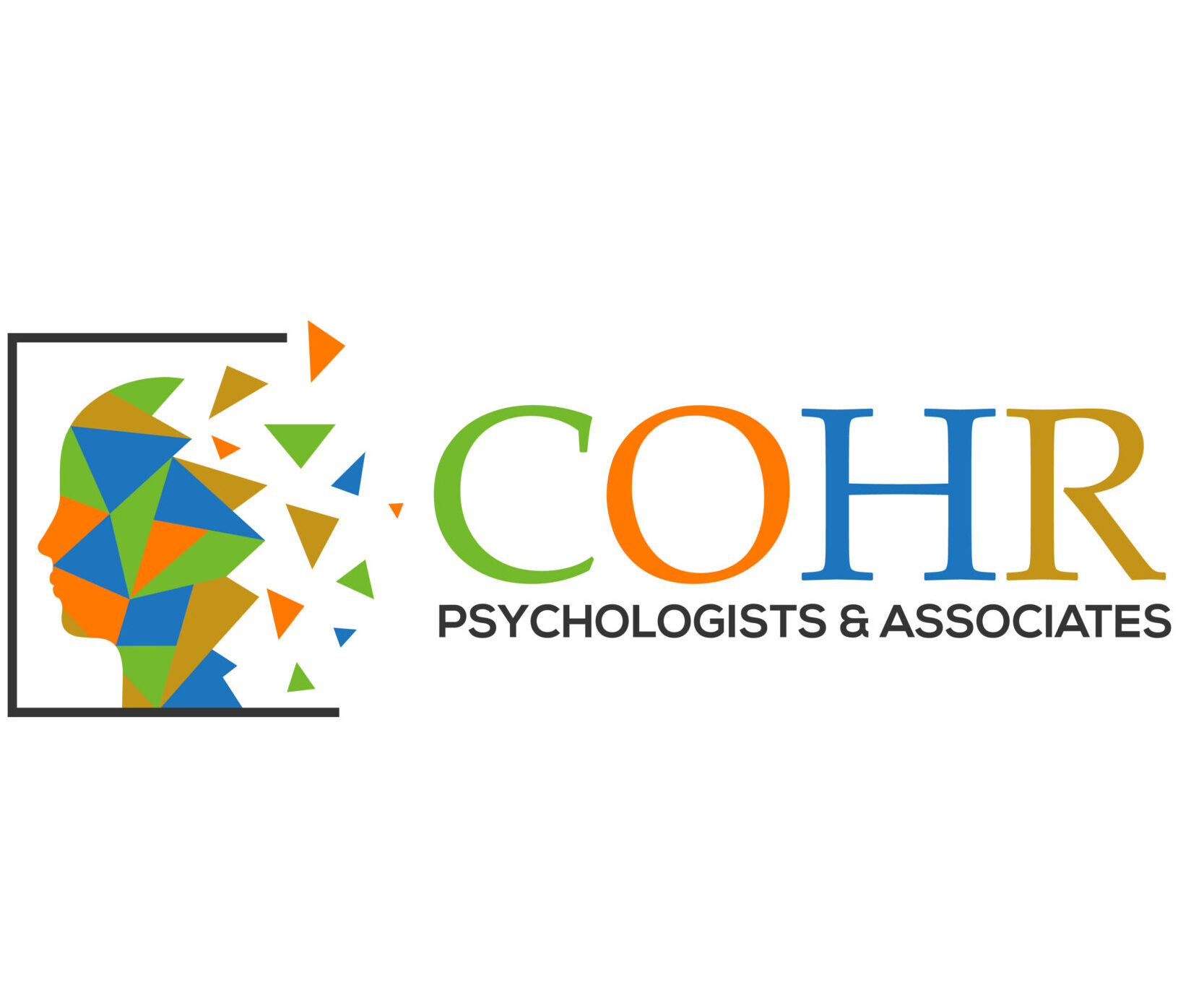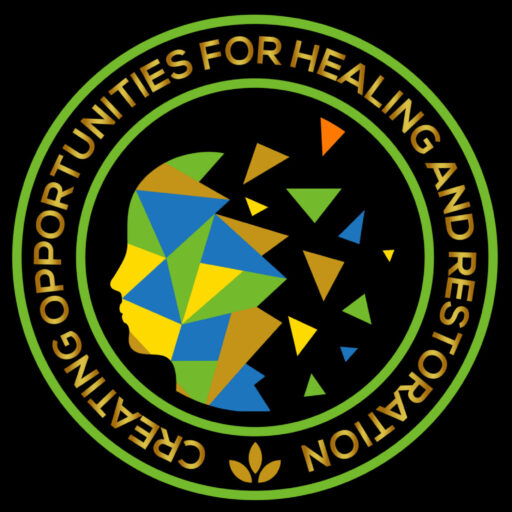By Tanisha L. Knighton, Ph.D. | COHR Psychologist & Associates
You’re tired…but not the kind of tired that sleep fixes. You’re distracted…but somehow still getting everything done. You feel anxious, irritable, numb, or just off…and you can’t quite put your finger on why. If this sounds familiar, you’re not alone. And you’re not imagining it.
Whether you’re a high achiever, a caregiver, a first responder, or someone holding space for others all day long, it’s easy to get caught in a cycle of functioning on the outside while struggling internally. And when your nervous system has been in overdrive for too long, it’s not always clear what you’re dealing with. Is it anxiety? Is it burnout? Is it both? Let’s talk about it.
Anxiety and Burnout Can Look a Lot Alike
Anxiety is often rooted in fear; fear of failure, judgment, loss of control, or not being “enough.” It can show up as racing thoughts, muscle tension, restlessness, trouble sleeping, or that constant sense of being “on edge.” Burnout, on the other hand, is typically the result of chronic stress especially from roles where we care, perform, or produce without pause. It builds slowly, often unnoticed, until it becomes a kind of emotional exhaustion, cynicism, or a sense that the work (or even life) has lost meaning.
Here’s the tricky part: burnout and anxiety often co-exist. Burnout can fuel anxiety. Anxiety can accelerate burnout. And when you’ve been functioning in “survival mode” for months (or years) it gets harder to untangle the two.
For High-Achievers and Helpers, the Signs Are Easy to Miss
If you’re someone who’s used to pushing through, showing up, or being the one others depend on, it might feel unnatural to even consider that you could be struggling.
But here’s what I want you to know:
- Feeling emotionally drained doesn’t make you weak.
- Needing rest doesn’t mean you’re not committed.
- Wanting to step back doesn’t mean you’ve failed.
Your nervous system isn’t broken, it’s just overworked. And you deserve care, too.
So What Can You Do?
Start by getting curious instead of critical.
Ask yourself:
- When did I last feel fully rested?
- Have I lost interest in things that used to matter?
- Am I avoiding people or tasks I usually enjoy?
- Is my body sending signals (headaches, GI issues, sleep changes)?
- Have I stopped feeling… anything?
These are not signs you’re falling apart. These are signs your system is asking for relief. Support can look like therapy, yes, but it can also start with naming what’s real, reconnecting to what grounds you, and giving yourself permission to rest without guilt.
At COHR, we work with people who are used to carrying it all. We see the ways trauma, pressure, and perfectionism get wrapped up in expectations. We help you unravel the tension, gently, and start to feel like yourself again.
Final Thoughts
Whether it’s anxiety, burnout, or both, your experience is valid. You’re not broken. You’re human. And you don’t have to keep doing this alone.
If your nervous system is waving a white flag, we’re here.
Click the link in our bio or call (330) 578-4855 to schedule a consultation. You deserve support that holds space for you.
#cohrpsych #DrTaLK #drtlk #AnxietyOrBurnout #TherapyForHelpers #BIPOCMentalHealth #FirstResponderSupport #CompassionFatigue #TherapyIsHealing #YouDeserveRest #HighFunctioningBurnout








